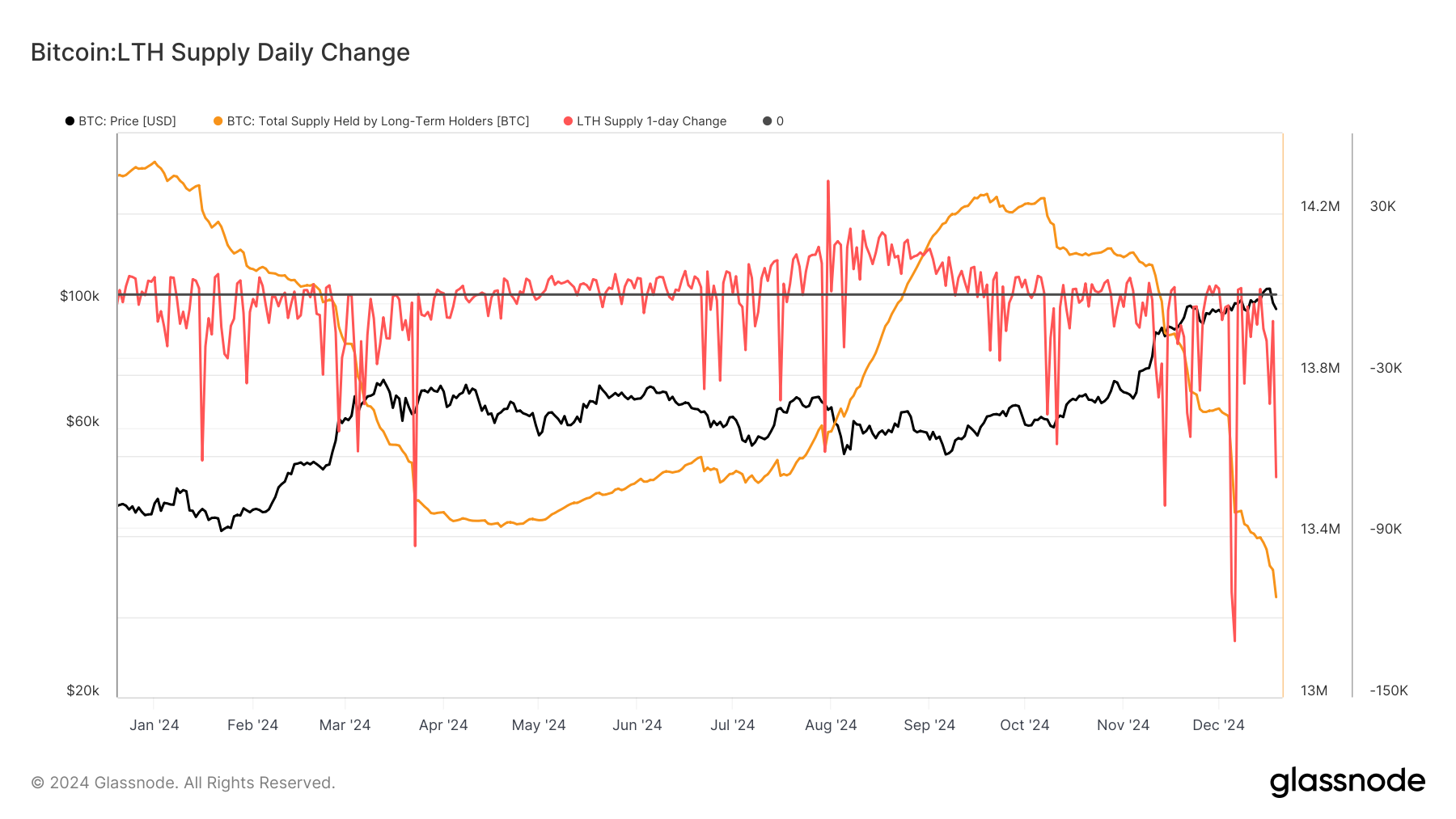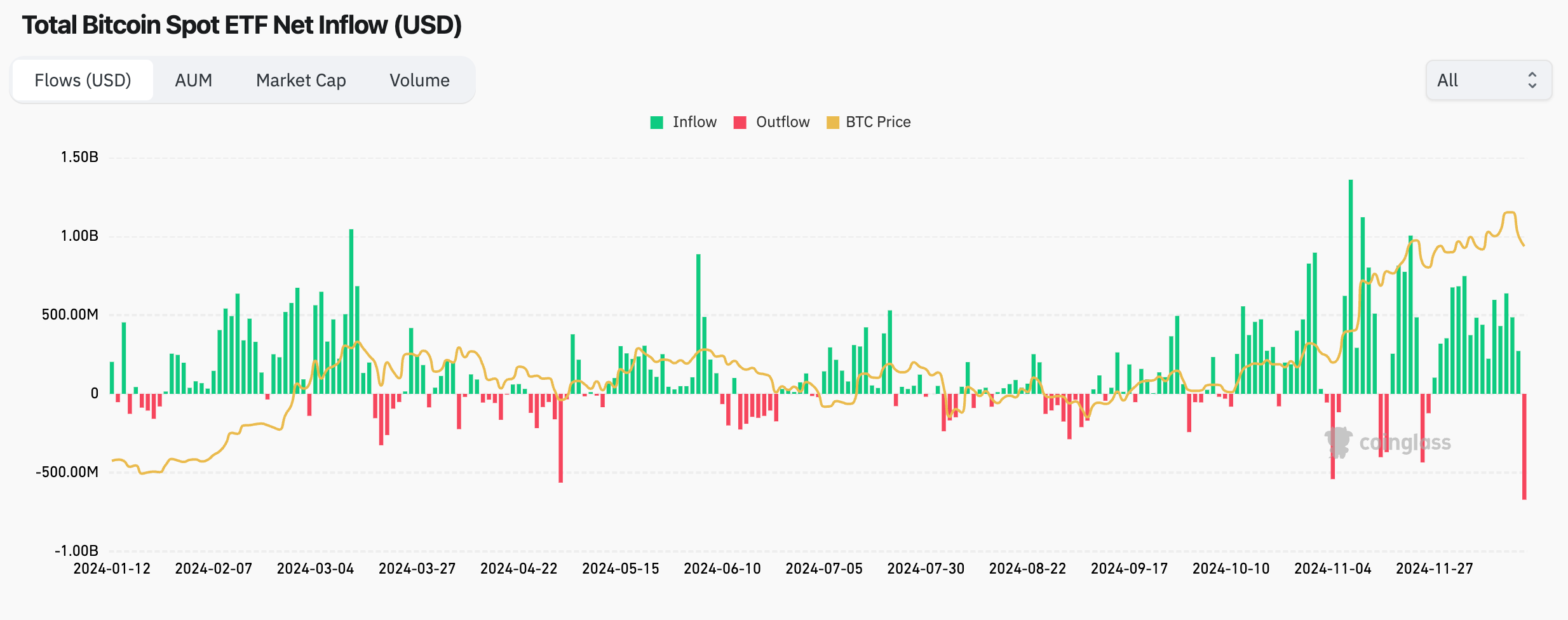Summary:
El Salvador's Bitcoin holdings have soared to over $550 million under President Nayib Bukele's leadership.
Bhutan has successfully amassed over $1 billion in Bitcoin, representing a significant portion of its GDP.
The surge in digital asset prices follows the election of a crypto-friendly administration in the U.S.
El Salvador intentionally purchased Bitcoin as part of a national strategy, unlike larger nations that acquire it through legal means.
Both countries demonstrate the potential of blockchain technology to enhance national wealth.
In November 2021, El Salvador’s President Nayib Bukele captivated a crowd of crypto enthusiasts with his ambitious vision to turn the country into a Bitcoin paradise. While some of his grand plans, like a billion-dollar Bitcoin-backed bond and a new crypto city, have yet to come to fruition, Bukele can celebrate a significant achievement: El Salvador's Bitcoin holdings recently surpassed $550 million, as tracked by an open-source platform.
Meanwhile, Bhutan is also reaping the benefits of its crypto investments. Government-associated wallets have seen their value soar past $1 billion, representing over one-third of the country's GDP. As digital asset prices have surged post the election of the crypto-friendly Donald Trump, advocates are pushing for governments to consider Bitcoin as part of their strategic reserves, akin to oil or gold.
Bitcoin Economies
According to reports, El Salvador holds nearly 6,000 Bitcoin, with independent trackers suggesting the number is closer to 6,200. Unlike larger nations like the U.S., China, and the UK, which possess Bitcoin through legal means, El Salvador has intentionally acquired it as part of Bukele's grand strategy, announced during the Miami Bitcoin conference in June 2021.
Although El Salvador's wealth has grown due to its Bitcoin holdings, Bukele's broader vision of adopting Bitcoin as legal tender has not fully materialized, with actual usage among citizens remaining low. Nonetheless, Bukele has taken to social media to celebrate the country’s Bitcoin success, even posting a triumphant “I told you so” recently.
Bhutan's foray into Bitcoin has been quieter but equally impressive, with its holdings reportedly double that of El Salvador. The country began Bitcoin mining in April 2019, leveraging its hydroelectric resources. Bhutan's sovereign investment arm, Druk Holding & Investments, confirmed its entry into the crypto space, with its Bitcoin investments surfacing in bankruptcy documents from failed platforms like BlockFi and Celsius.
As of September, blockchain analytics firm Arkham began tracking Druk's wallets, which currently hold over $1 billion in Bitcoin and smaller amounts of other cryptocurrencies, including Ethereum. Both El Salvador and Bhutan exemplify how strategic adoption of blockchain technology can yield significant financial benefits for nations willing to embrace the volatile world of cryptocurrency.









Comments